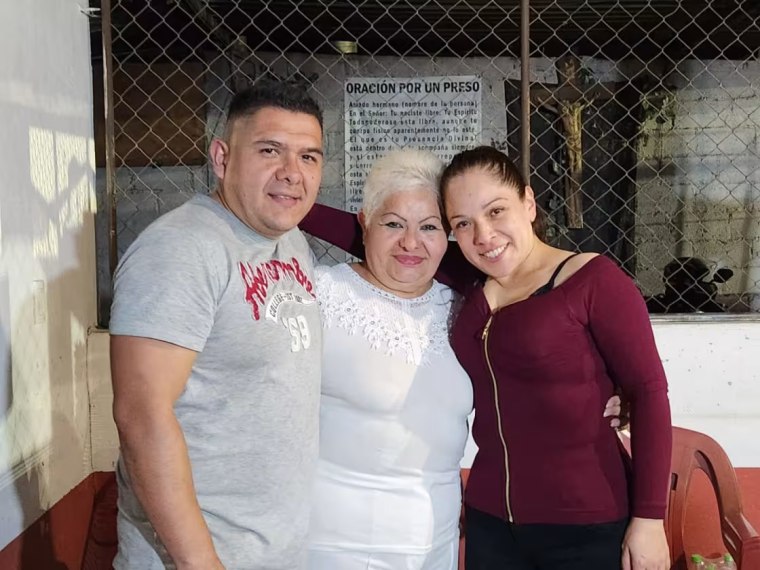
Credit: Federal Institute of Public Defender Services
A woman was finally released last week after enduring 12 years and seven months of imprisonment without ever being convicted or sentenced. The case of Verónica Razo Casales captured international attention, leading to a call from a United Nations group for her release. The shocking truth behind her ordeal includes allegations of sexual abuse and torture at the hands of authorities.
A Long-Awaited Freedom
Verónica Razo Casales, who had been arrested in 2011 on charges of kidnapping, had her charges withdrawn last week. After her release, she spoke about the recent events and the horrific moments that followed her arrest. Official reports, cited by the United Nations Working Group on Arbitrary Detention, reveal that she was subjected to sexual abuse and tortured with electric shocks by the authorities.
Razo Casales expressed her disbelief and the challenges of adjusting to a life outside prison, stating, “I’m still in shock. I longed for this, but it’s like a very radical change, and I still don’t believe it. I know that adjusting is going to cost me a little bit more.”
Systemic Issues in the Mexican Justice System
Sadly, Razo Casales’ case is not an isolated incident. According to official statistics, four out of every ten Mexicans in prison have not been prosecuted or sentenced for any crime. The Mexican justice system suffers from a significant backlog of cases, contributing to a high rate of unpunished crimes. In fact, more than 98% of crimes go unpunished when the guilt of the accused has not been proven.
Austreberta Casales, Razo Casales’ mother, expressed her frustration with the prolonged legal process, stating, “It took a long time to release her. I spoke with prosecutors, judges, lawyers, and nothing ever happened. I always said that she was innocent, that they had to get her out of jail, but no one listened to me.”
Violations of Human Rights
Experts point out that Razo Casales’ case highlights serious human rights violations that occur within unjust criminal processes. The use of preventive detention, expanded in 2019, plays a significant role in Mexico’s judicial problems. This system of automatic imprisonment, without the possibility of bail, often results in prolonged detention for individuals accused of crimes, creating a presumption of guilt until innocence is proven.
Both the Inter-American Court of Human Rights and UN groups have criticized the use of preventive detention in Mexico, deeming it “incompatible” with human rights. The need for reforms in the Mexican justice system is evident.
Enduring the Unimaginable
Razo Casales and her brother, Erick Razo Casales, were arrested in 2011. The police officers who detained them subjected them to torture, including physical abuse and suffocation. The siblings were confined in nearby spaces, allowing them to hear each other’s torment and threats of death if they did not incriminate one another.
Reflecting on her devastating experience, Razo Casales stated, “My life was torn apart, and my dreams were destroyed. They buried me alive. The worst thing is that there are many in the same situation as me… They don’t have a court, they don’t know the judge. It’s very hard because they are women, they are sisters, they are mothers, and you are supposed to be the pillar of a family. How many families are they destroying because of all this?”
Advocating for Change
The U.N. Working Group on Arbitrary Detention analyzed the siblings’ case and deemed their detention arbitrary and a violation of international law norms. Erick Razo Casales was released in May 2022 after spending 11 years in prison. Finally, the authorities acknowledged the lack of incriminating evidence against Verónica Razo Casales, leading to her acquittal and subsequent release.
The road to justice is long and arduous, but it is essential to hold institutions accountable for their actions. The Mexican justice system must take steps to repair the damage caused to individuals like Razo Casales, as no amount of money can fully restore the lost time and shattered lives.
For the source article, visit F5mag.com.
